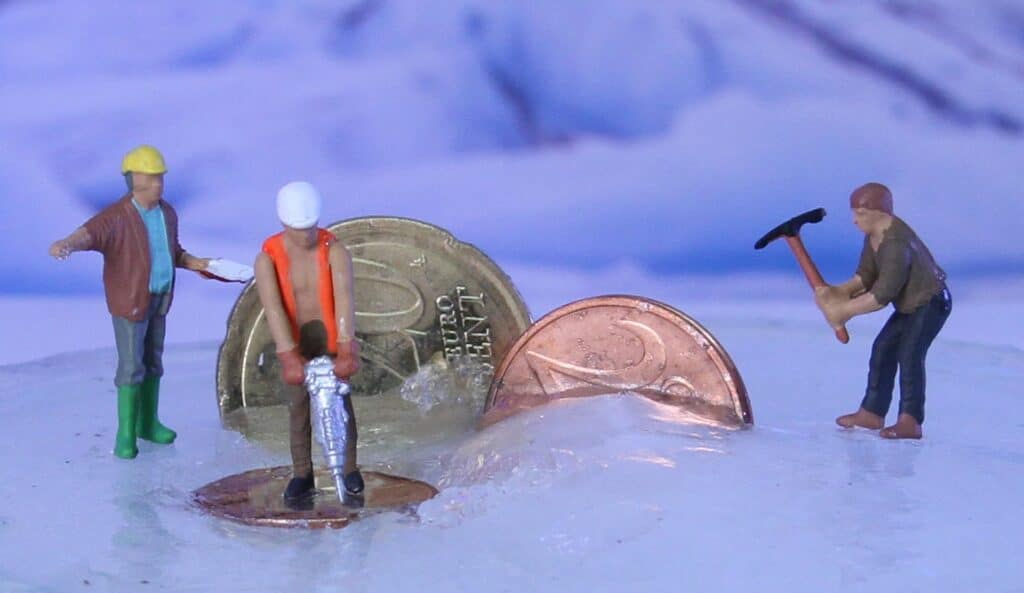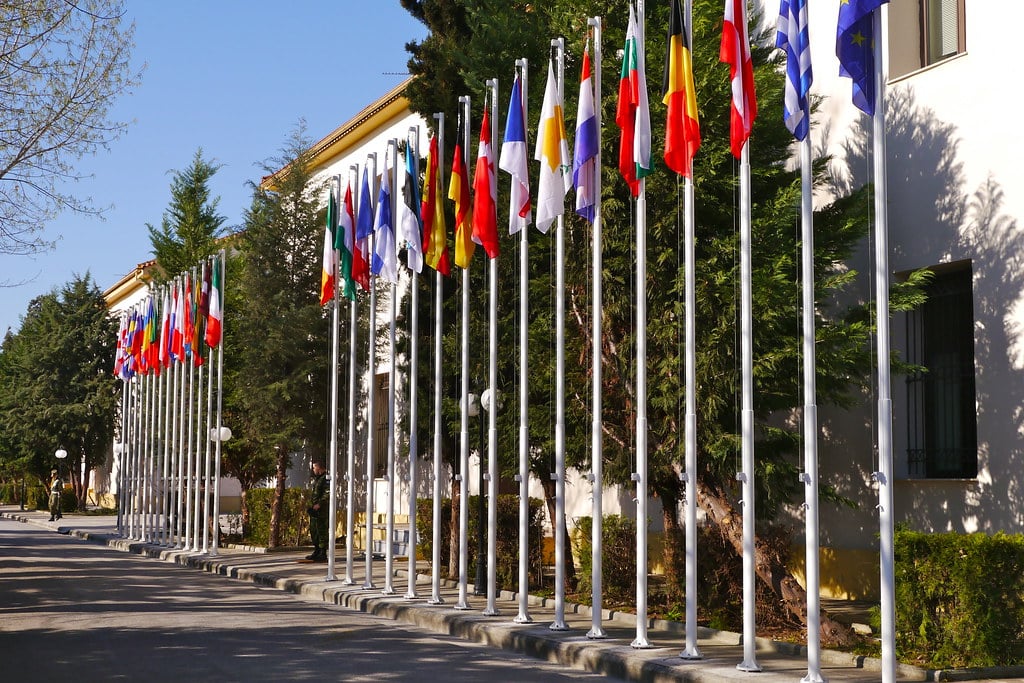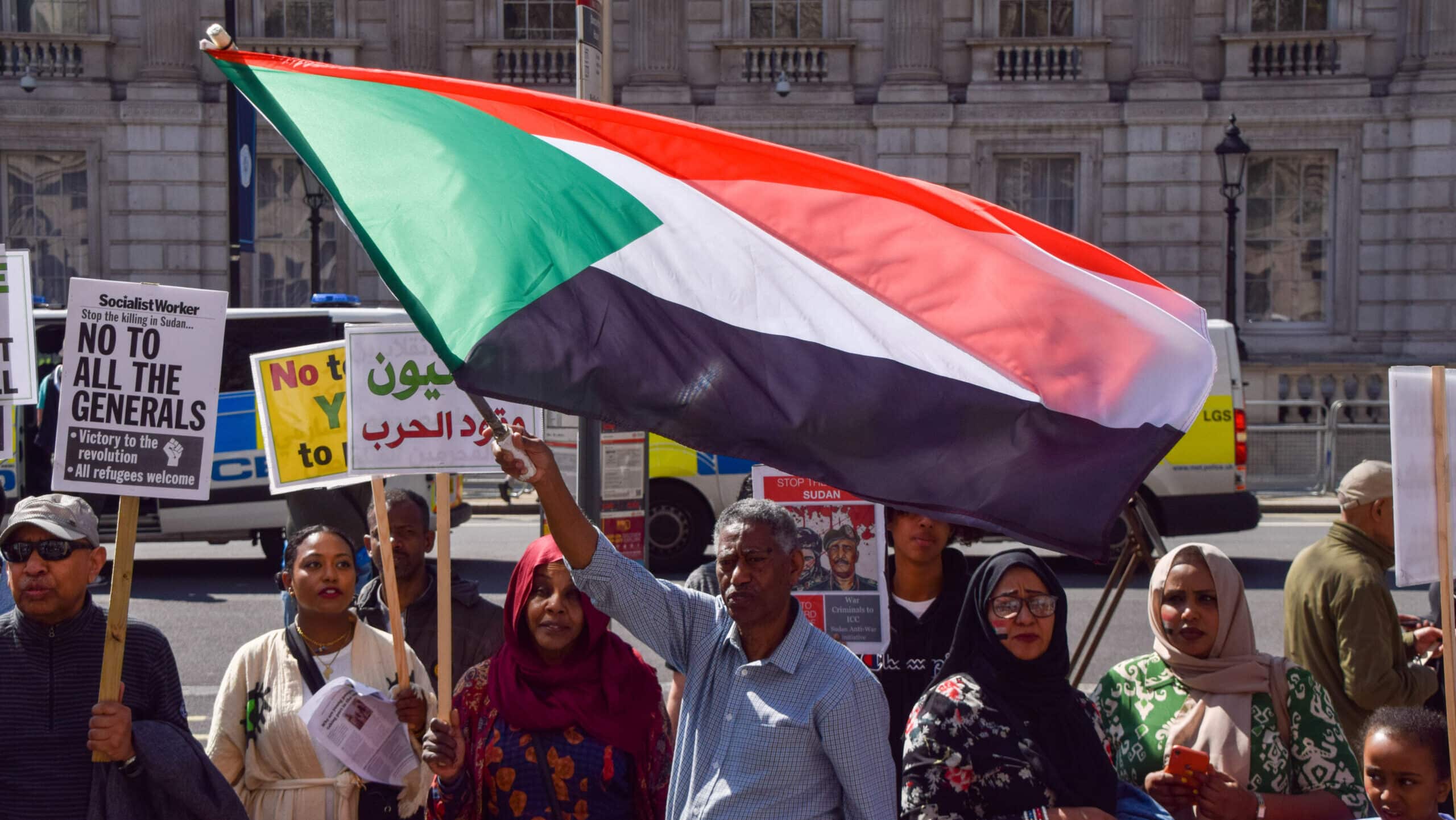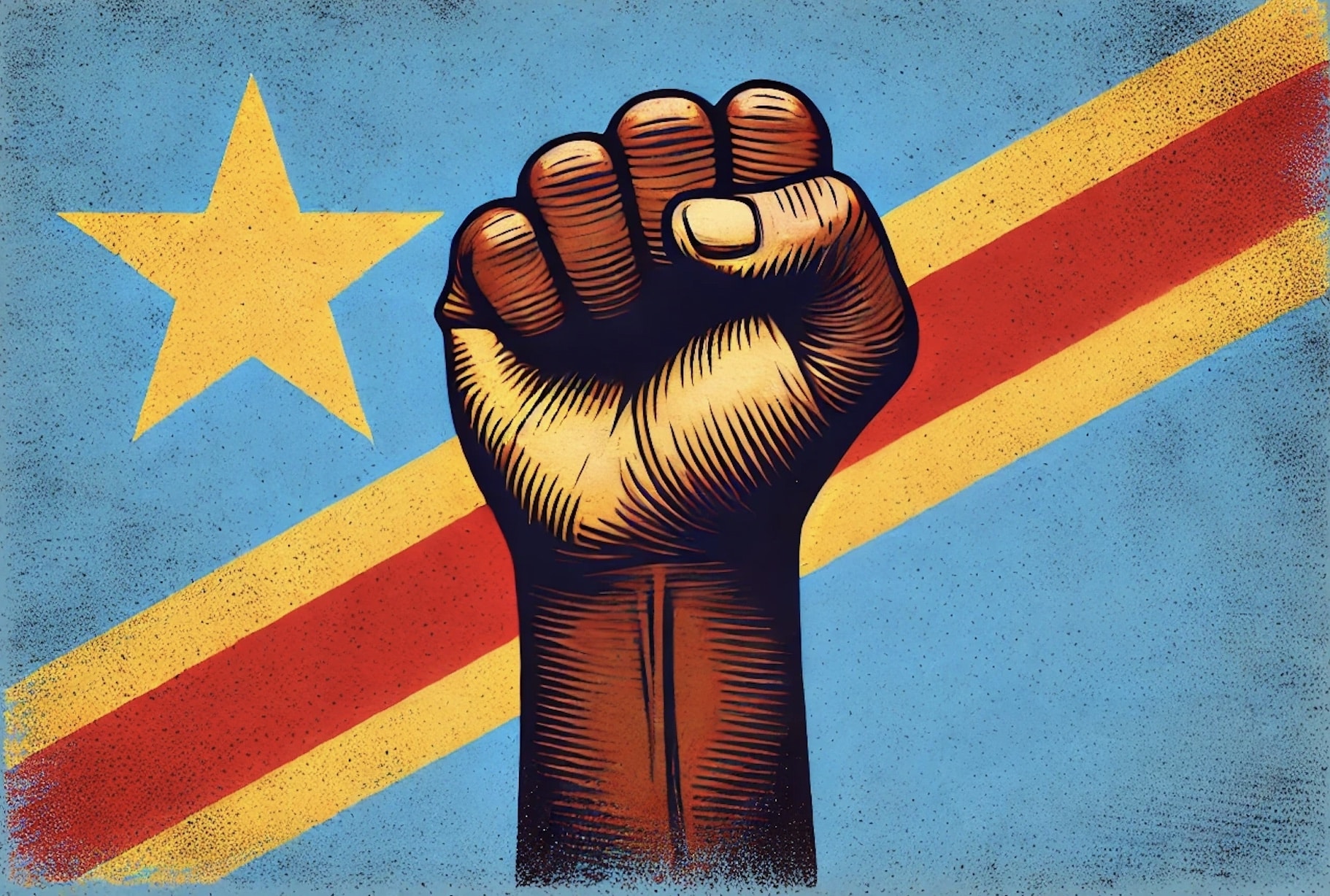On 4 May, Ukrainian president Volodymyr Zelensky came to the Netherlands. Besides a nice symbolic moment, the visit also served actual purpose. First, Zelensky called for the formation of a tribunal against Russian war criminals. His second request: provide more military support. The Ukrainian president has been calling for the latter for some time, and the Netherlands has answered this call on several occasions. For instance, in 2023 the Netherlands has already EUR 2.5 billion made available for support to Ukraine. Yet, from the 50 billion in Russian assets no 1% currently frozen in the Netherlands. In this way, the Netherlands looks like someone training for the marathon while still smoking a packet of cigarettes a day. Why is the Netherlands so inconsistent in this respect?
Support, we already do
The Netherlands currently ranks #7 in the list of largest donors to Ukraine. The majority of these consist of military aid in the form of vehicles and weapons, among other things. Even the donation of F-16 aircraft is on the table, even if there is no consensus on this in the Netherlands yet. Besides all the financial support, the Netherlands is also trying to hit the Russians in the form of sanctions, imposed through the EU. Meanwhile, the tenth sanctions package has already taken effect and these seem to be the desired effect to have. So it seems the Netherlands sees the importance of supporting Ukraine. All the stranger it is that so little is being done with Russian assets on Dutch soil.
Looking for Russian money
After the outbreak of war, the Netherlands wanted to make quick work of this source of money. Minister Hoekstra, with his past in the private sector and with his experience of tax evasion the ideal person to lead this investigation. Yet, things happened nothing for a long time to the displeasure of the House of Representatives and only after Stef Blok took over the lead did the investigation start to get under way. Why this delay took place is not entirely clear. After a few weeks, some 640 million euros of Russian money frozen on Dutch soil. That sounds like a lot of money. Yet it is only a paltry sum when you compare it to the 50 billion euros of Russian assets on the books in the Netherlands. Then again, when you consider that of the 640 million, 200 million has already been defrosted, you wonder why it is not possible to do more with this.
The committee that had done the investigative work indicated that they could not do more than this. With only the few weeks they took for this, it is not surprising that this amount is the end result. Especially when you consider that other countries have spent months trying to find worst single large objects of sanctioned Russians to locate. And that with more time and energy much more is also possible show our southern neighbours. Thanks to their efforts, Belgium has now already achieved for 58 billion in Russian assets frozen.
A tricky search
Finding Russian property, however, is no easy task. If you look for their assets using the names of sanctioned Russian oligarchs, you can spend a long time searching without ever finding anything. This is because almost all these assets are not in their own names but in those of companies that are only very difficult to trace back to the searched Russian. Very difficult, but certainly not impossible. With the dubious role of tax haven that the Netherlands has, you would surely think the country should be chasing Russian assets harder. So the question remains, why doesn't the Netherlands put more energy into this? Especially when you realise that the Netherlands gives a lot of financial and military support to Ukraine with one hand, it is unthinkable that we don't seize this opportunity with the other, because if you want to get fit for a marathon, you'd better leave the cigarettes aside.
Image: Pixaby





